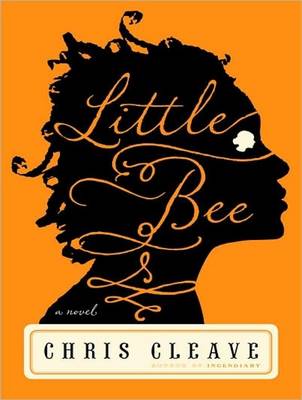
nannah
Written on Nov 1, 2015
Talk about white savior complex.
If you're picking up this book to read about Little Bee, the Nigerian refugee, then don't bother. It's not about her at all, but about the white British woman, Sarah. It's about her angst, her family drama, her need to become the said white savior, how Little Bee affects her life, and it's about her need to start off every bit of dialogue with "Oh Bee!" "Oh Laurence!" "Oh Charlie!".
Book content warnings:
suicide
I only continued reading this novel because a friend recommended it so highly, because as a survivor and a depressed person with suicidal thoughts, the beginning half of this book was very difficult to get through, as there was a suicide almost every single chapter. I'm not kidding. I mean, I'm glad the author said "It was depression that killed ___" instead of some ableist phrasing, but it's still not a fun ride when you fight these thoughts yourself.
OK. So I'm always wary of white dudes writing POVs of black girls/women, obviously, but this book came with so much hype. And let me down so hard. It has nothing to do with Little Bee or how she feels or how anything affects her. Everything is about the white people, how what happened on the beach (a very important plot point) affected them, etc. At one point Sarah says, "We need to talk about [what happened at the beach]," because she wants to know to ease her own heart and guilt. Because who cares about Little Bee or her probably ptsd and everything.
There's also a dash of sexism, heteronormativity, and explicit ableism (i.e. "'He was a twat, really, only you couldn't say that because he was blind. I suppose that's how he got so far. [. . .] He used to lean, like this, and his hand would sort of tremble. I think it was an act. He didn't tremble when he was reading Braille.'"
Even if I ignored everything above, the purple-ish writing quickly becomes stale, the white characters are unbearable to read, and the entire book feels like some sort of lecture.

